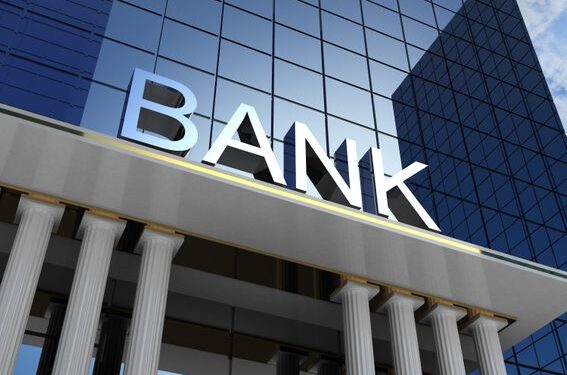In a recent analysis of the financial statements of Union Bank of Nigeria, Stanbic IBTC Holdings, Sterling Bank, and Access Holdings, a shocking revelation came to light. The directors and associates of these banks were reportedly granted a whopping N112.77 billion in loans in the year 2022. The findings have sparked heated discussions and raised concerns among shareholders and financial experts.
Among the four banks, Stanbic IBTC Holdings and Union Bank of Nigeria topped the list of insider-related loans. The top executives and associates at Stanbic IBTC were granted a jaw-dropping N56.5 billion in insider-related loans, marking a 4.02% increase from the previous year’s N54.32 billion. Meanwhile, Union Bank of Nigeria reported N53.4 billion in outstanding insider-related loans in 2022, up from N52.8 billion in the prior year.
Sterling Bank, while not as egregious as the previous two, disclosed that it granted N2.4 billion in facilities to its directors and some employees. Access Holdings, on the other hand, revealed N469.01 million in insider-related credits in 2022, an alarming surge from N268.21 million in the previous year.
Such insider-related loans raise eyebrows as they must comply with the provisions of the Central Bank of Nigeria Circular BSD/1/2004, which specifically addresses the “Disclosure of insider-related credits in the financial statements of banks.” The Banking and Other Financial Institutions Act (BOFIA) Act 2020 further imposes restrictions on banks, limiting them from lending more than five percent of their paid-up share capital to any one of its directors or significant shareholders.
Boniface Okezie, the National Coordinator of Progressive Shareholders Association, expressed his concern about the need for banks to reduce insider-related loans. He emphasized the importance of granting such loans at market-determined rates, just like any other customer. Okezie’s stance aligns with the belief that directors should be held to the same standards as other customers to maintain transparency and avoid potential conflicts of interest.
Igbrude Moses, the National Coordinator of the Independent Shareholders Association of Nigeria, went further to call on the Central Bank of Nigeria (CBN) to tighten its regulations and scrutinize financial institutions more thoroughly. He alleged that bank directors often borrow through associated companies, which leaves them immune to prosecution by regulators. Moses expressed the fear that if any of these loans go bad, it could have a severe long-term effect on the banks, necessitating stricter measures.
As the public demands action and transparency, it remains to be seen how the authorities will respond to these revelations. The banking sector plays a crucial role in Nigeria’s economy, and any perceived malpractice could undermine the public’s trust in financial institutions. It is imperative for the CBN to take swift and appropriate actions to ensure accountability and preserve the integrity of the nation’s banking system.
In conclusion, the revelation of insider-related loans granted to bank directors and associates has sent shockwaves through the financial industry. Shareholders are demanding greater transparency and adherence to regulations, while experts are urging the CBN to tighten its oversight to prevent potential abuse of privilege. As this scandal unfolds, all eyes will be on the authorities to see how they handle this delicate situation and protect the interests of shareholders and the general public alike.











